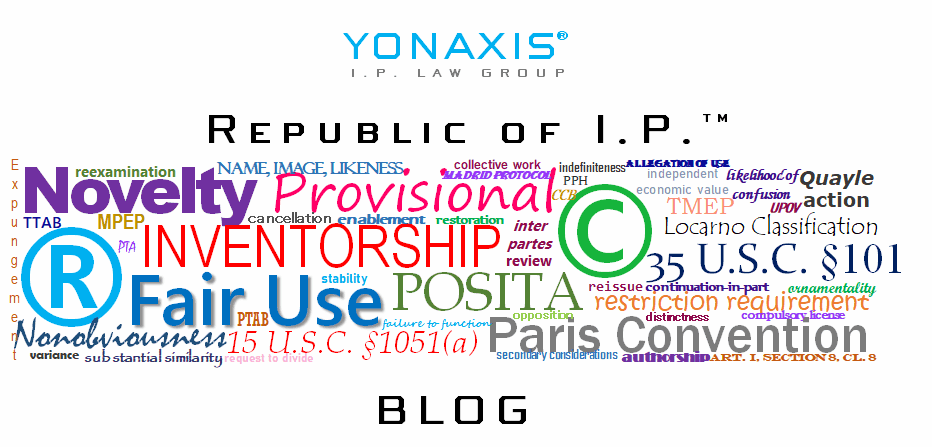This posting reviews the last IP case decided by the U.S. Supreme Court in its 2022 term. As mentioned before, the keyword among these cases is “limitation.” The consensus of the Court is that there are limitations on the breadth of particular areas of IP law. These limitations will affect the IP holder’s rights, as well as those who are infringing those rights. The final case, Abitron Austria GmbH v. Hetronic Int’l, Inc.,[1] determined the issue of whether trademark infringement under federal trademark law’s can go beyond U.S. borders. The quick answer is “No.”
Presumption Against Extraterritoriality
By a unanimous vote, all justices agreed that there is a presumption against extraterritoriality with any federal law or statute. This means any act of Congress is limited – unless expressly stated so otherwise – to the territorial jurisdiction of the United States.[2] This principle serves to avoid “international discord that can result when U.S. law is applied to conduct in foreign countries.”[3]
Two-Step Test to Determine Whether Presumption Applies
The Court reiterated the two-step process by which the presumption against extraterritoriality applies to the federal law. First, Congress must authorize expressly that the law’s provisions apply overseas. Second, if Congress has not so expressly stated, the analysis turns to whether the case at-issue seeks either a domestic or foreign application of the federal law. A domestic application is allowable; a foreign one is not.
Lanham Act Silent on Extraterritoriality
By another unanimous vote, all justices agreed that the federal trademark law, the Lanham Act (15 U.S.C. §1051 et seq.), lacks any specific wording as to whether trademark infringement damages applied to foreign conduct.
Unauthorized Use in Commerce vs. Consumer Confusion
- By a narrower 5-4 vote, a majority of justices, led by Justice Alito, held that domestic application of the Lanham Act extended to where a mark is infringingly used in commerce. It would be theoretically possible for the Lanham Act to extend to foreign conduct if that mark is infringingly used in commerce in the U.S.
- The dissent, led by Justice Sotomayor, believed that the Lanham Act extended to foreign conduct caused by some act of consumer confusion (i.e., likelihood of confusion) in the U.S.
Takeaways
- Foreign conduct is severely limited as a result of Abitron. In a pre-Abitron world, a foreign entity may have been subjected to a trademark infringement claim in a U.S. federal court, but those days appear mostly gone.
- The term “use in commerce” is not defined in Abitron, making it more fertile ground for federal litigation.
- U.S. companies should shore up their foreign trademark portfolios in known foreign markets to provide jurisdictional basis for any trademark infringement suits abroad.
- Smaller U.S. companies that may engage in foreign trade, but without the resources to pursue foreign trademark filings, should consider only one or two of their most important foreign markets to file a trademark application, as well as alternatives to trademark applications like IP agreements, ensuring contractual language governs the parties’ conduct and allowing for jurisdiction in a U.S. federal court in the event of a breach.
For more information on the Abitron case, or trademark law in general, please contact Yonaxis I.P. Law Group.
[1] 600 U.S.___ (2023), vacating and remanding, 10 F.4th 1016 (10th Cir. 2021)
[2] Morrison v. Nat’l Australia Bank Ltd., 561 U.S. 247, 255 (2010).
[3] Kiobel v. Royal Dutch Petroleum Co., 569 U.S. 108, 119 (2013).
